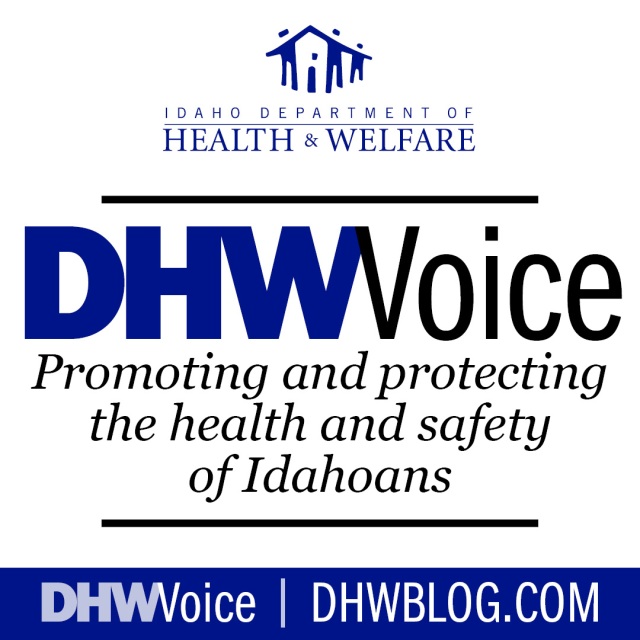What is a vaccination breakthrough case of COVID-19?
A COVID-19 vaccination breakthrough case is when someone who is fully vaccinated tests positive for COVID-19 more than 14 days after getting the second dose of Moderna or Pfizer vaccines, or more than 14 days after getting the Johnson & Johnson vaccine.
Are breakthrough cases common?
Breakthrough cases are expected, but they are not common. No vaccine is 100 percent effective at preventing illness, and that includes the COVID-19 vaccines.
Let’s do some math.
In Idaho, 826,587 people were fully vaccinated as of Oct 27. Of those, 13,285 had experienced a breakthrough case. That means 1.6 percent of fully vaccinated people have experienced a breakthrough case. Or 98.4 percent of fully vaccinated people haven’t experienced a breakthrough case.
The Department of Health and Welfare tracks breakthrough cases in Idaho on its COVID-19 data dashboard at the bottom of the Case Characteristics page.
Do breakthrough cases mean the COVID-19 vaccines don’t work?
The vaccines are working. They are especially effective against hospitalization and death, and they greatly reduce your chances of getting COVID-19 in the first place. If you do have a breakthrough case, it further reduces the likelihood that you will be sick enough to have to go to the hospital or die.
Continue reading “COVID-19 Q&A: Some COVID-19 infections in vaccinated people are expected”


